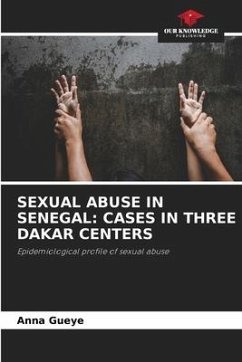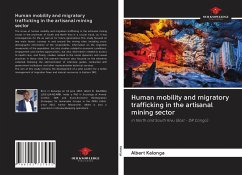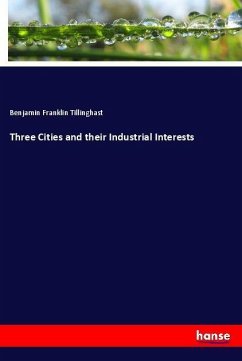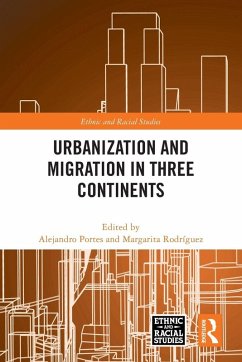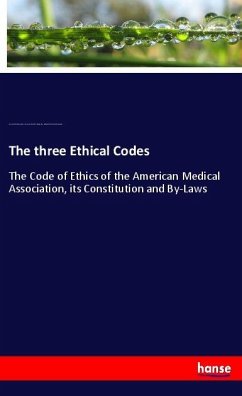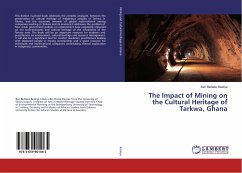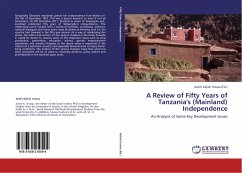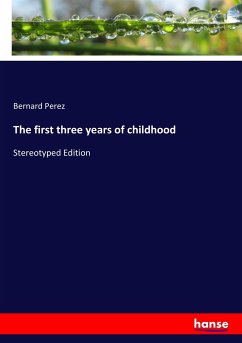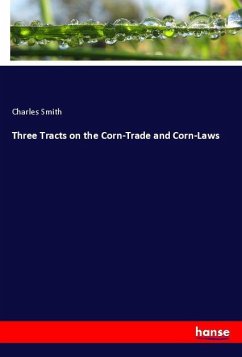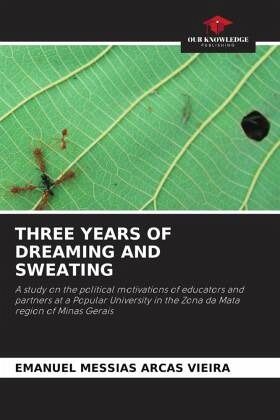
THREE YEARS OF DREAMING AND SWEATING
A study on the political motivations of educators and partners at a Popular University in the Zona da Mata region of Minas Gerais
Versandkostenfrei!
Versandfertig in 6-10 Tagen
45,99 €
inkl. MwSt.

PAYBACK Punkte
23 °P sammeln!
Since the year 2015, marked by the tragic rupture of the Fundão tailings dam, a district of the Brazilian municipality of Mariana, Minas Gerais, collectives of people affected by dams and mining have begun the construction of a popular university in the Zona da Mata of Minas Gerais. The objective of this research is to understand the political motivations of its educators and partners in promoting this enterprise. The method for the elaboration of this ethnography was based on oral history and narratives from social agents who regularly attend the school's activities and its maintenance task ...
Since the year 2015, marked by the tragic rupture of the Fundão tailings dam, a district of the Brazilian municipality of Mariana, Minas Gerais, collectives of people affected by dams and mining have begun the construction of a popular university in the Zona da Mata of Minas Gerais. The objective of this research is to understand the political motivations of its educators and partners in promoting this enterprise. The method for the elaboration of this ethnography was based on oral history and narratives from social agents who regularly attend the school's activities and its maintenance task forces, routinely monitored in an action-research process. The data from these interviews, collected in fieldwork conducted throughout the second semester of 2018, were interpreted in the light of anthropological theory aiming to contribute to debates about the relationships between knowledge and power. Finally, the research proposes to analyze the potential that the ethical-epistemological critique performed by popular educators in the Zona da Mata region of Minas Gerais presents, as a tool for social action pertinent to the emancipation of peasant communities oppressed by contexts of socio-environmental conflict.



